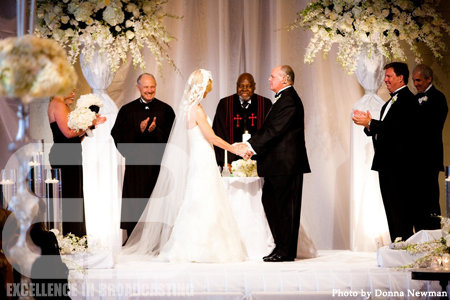YOUNGFOGEY writes:
The incoherence of Asher’s original comment has already been pointed out by others, so I will forego that.
When I read his comments, I couldn’t help but think of a guy who had a crush on some girl as a teenager and found her pregnant by some other dude. What clearer sign of rejection can there be than undeniable evidence that this girl wasn’t against the idea of having sex, she was just against the idea of having sex with him. I don’t deny that such an experience would be very painful. It would be. Indeed, it might be painful enough to cause a man to engage in casual sex with multiple women as revenge and to adopt a worldview that allows him to dismiss women he perceives as similar to those who rejected him. This is what Charles and Kristor are picking up on and labeling “whining.”
The worst part of the men’s rights movement is that much of it promotes this kind of whining. It also promotes the idea that we’ve seen here again and again that men have a natural inclination against raising a child they did not sire that is so strong they cannot overcome it. This is just flat stupid. I wouldn’t deny that indeed there will be problems in that scenario that have to be addressed, but that is what a man does. He addresses problems. The truth is that any child I live with and provide for, whose trust and devotion I earn, who respects and obeys me is “mine.”
By encouraging men to shirk responsibility in the ways it does, the men’s movement keeps many men immature. This will not work in the long run. If men want to see a return to patriarchy, they have to act like patriarchs.
Laura writes:
This reminds me of the previous entries here about fatherless children gravitating toward men who are strangers and lapping up any attention they can find from men. Children adore their fathers. And, their fathers, in the most meaningful sense, are the men who care for them.
(more…)



![bigstockphoto_Fern_Fronds_3020682[1] bigstockphoto_Fern_Fronds_3020682[1]](https://thinkinghousewife.com/wp/wp-content/uploads/2010/08/bigstockphoto_Fern_Fronds_302068211-115x150.jpg)


![bigstockphoto_Black_Flowers_4800530[1] bigstockphoto_Black_Flowers_4800530[1]](https://thinkinghousewife.com/wp/wp-content/uploads/2010/08/bigstockphoto_Black_Flowers_48005301-150x105.jpg)
